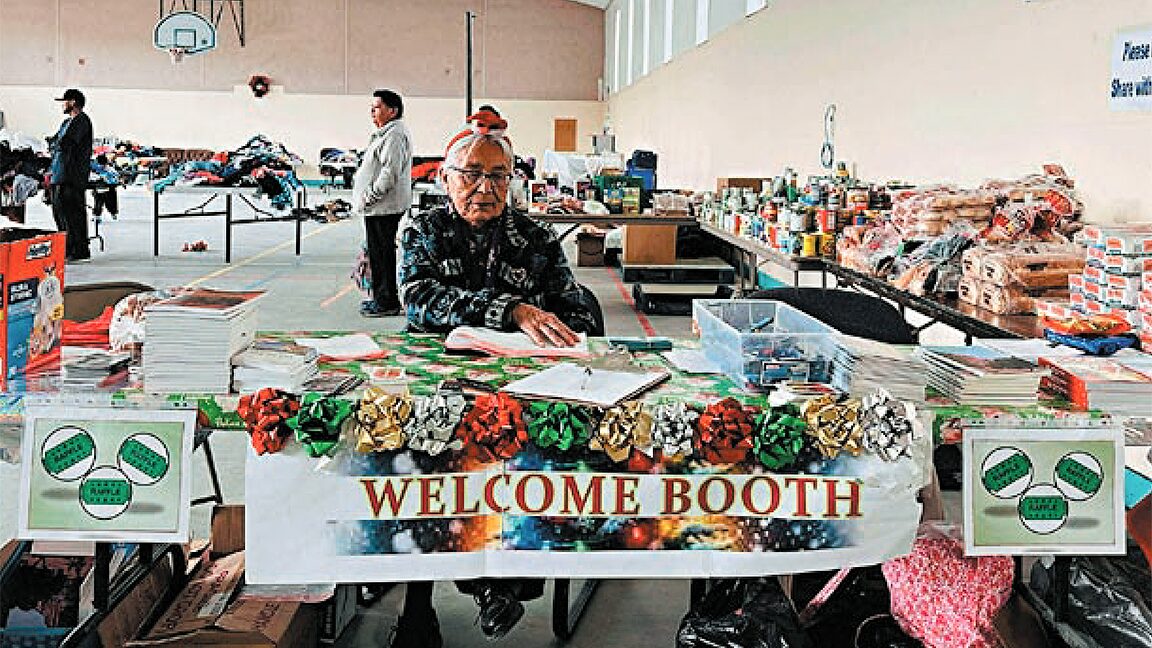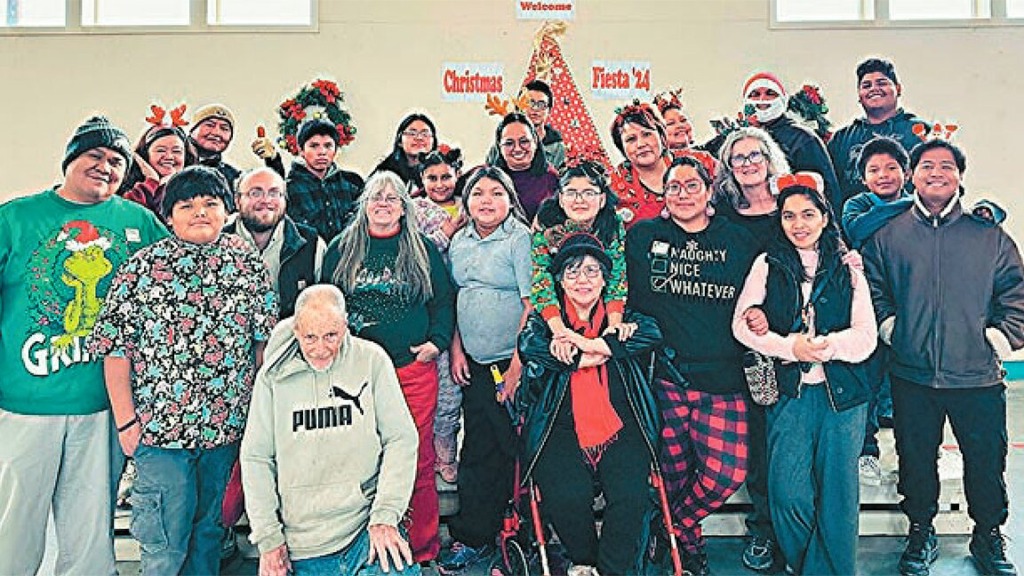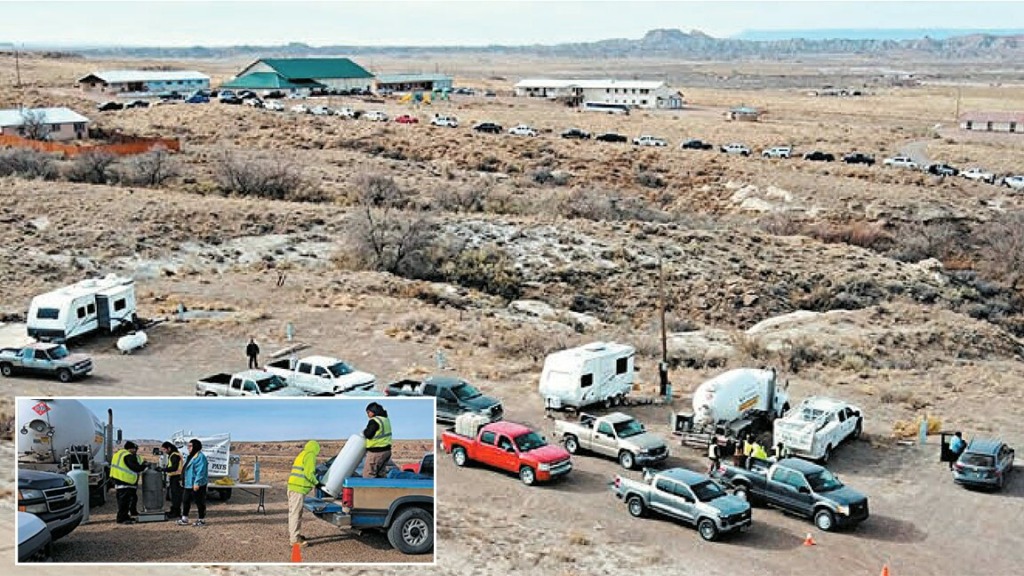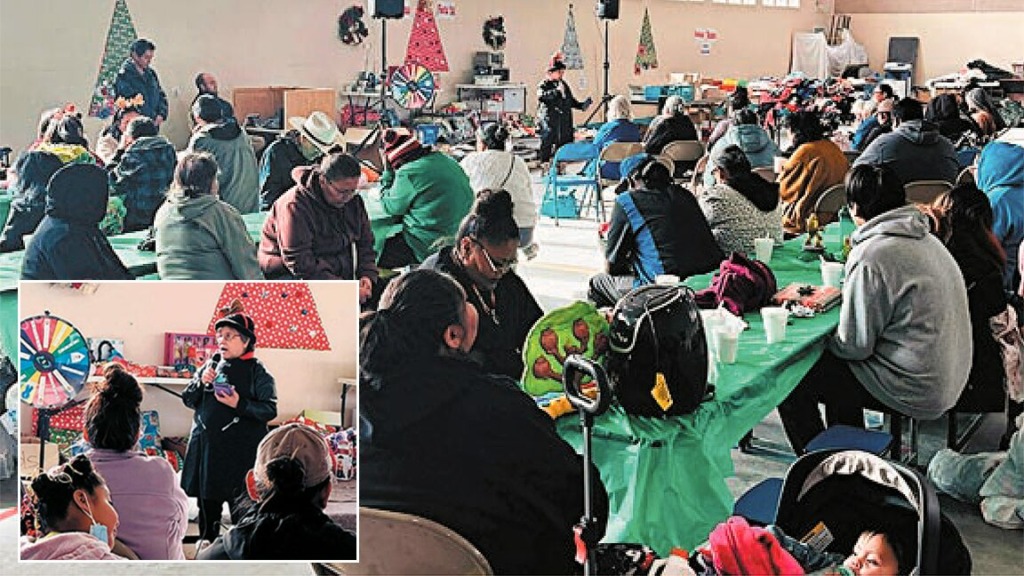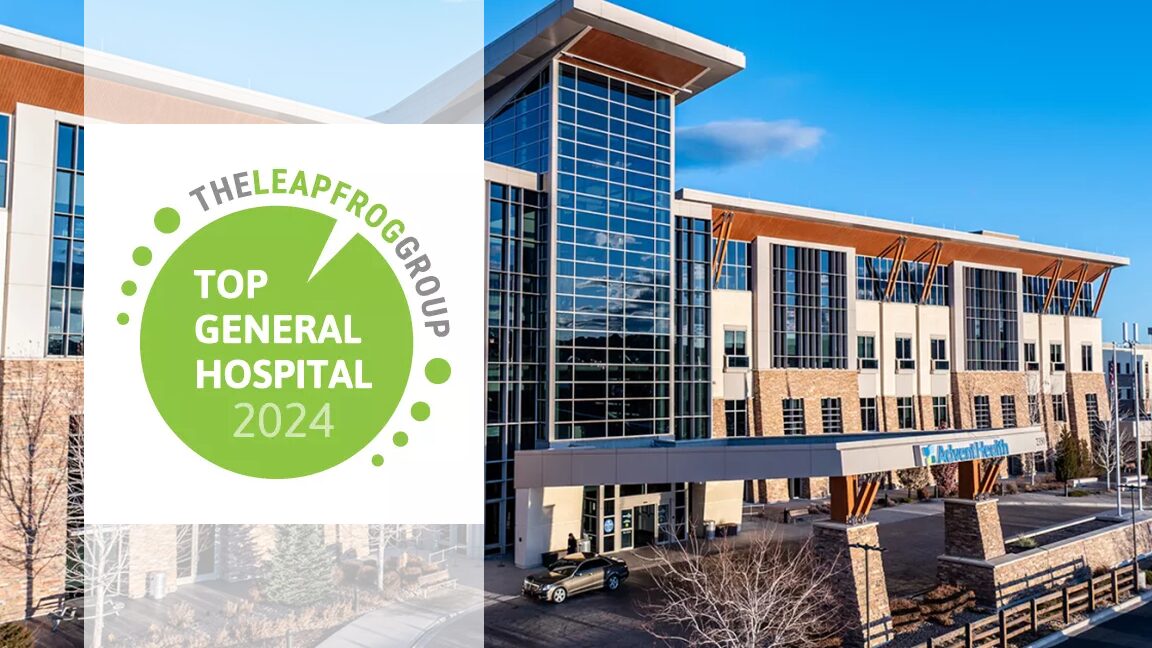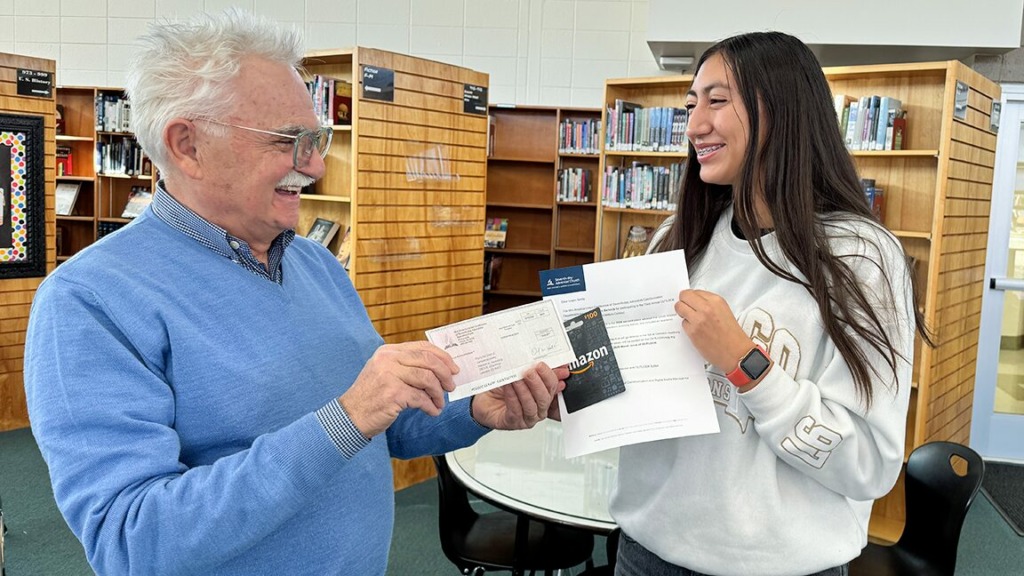My church has changed. To me, that is a good thing, because life changes, communities change, cultures change, and we need to change to stay alive. Our physical bodies regenerate cells and change continually, so change is a good thing because change sustains life. Only dead things—and ideas—don’t change by renewal. In that case the only change is decay.
One of the changes in the church I personally celebrate is a shift, at least for me, form seeing God as a “Gotcha” God, to a much more compassionate “I’ve got you” God who seeks to save, reassure, and restore. In my childhood and teens, He was taught—and seen by many—as a God who was always looking to find a flaw, scratch, or shortcoming … then gleefully scream, “Gotcha!” Perfection was up to me. Now I see that He is my perfection, not my persecutor. He is my Advocate, not my accuser.
I have seen my church broaden from a rigid rules orientation to a healthier relationship understanding, where we obey the rules from gratitude for what God has already done rather than obedience to just appease Him and keep Him at arm’s distance. The relationships are both vertical—my relationship with God—and horizontal—my relationship with those in the community and family around me. That makes life much more productive and fun than trying to hide from the “Gotcha! God” view of my past. Think of Adam and Eve and their initial actions. Fig leaves … hiding from God … really? No fun, only fear, in that scenario.
I have experienced my church moving from fear filled anti-intellectualism to a point of both appreciating and encouraging deeper study and more training for leadership and gospel work. While finishing college at Union, the then Colorado Conference president visited the school and called me to come to Colorado to pastor as soon as I graduated. While pleased at the invitation, I told him that my aim was to attend the seminary to get all the training possible in preparation for pastoral work. His surprising response was, “Why do you want to go to the cemetery? Come to Colorado as soon as you graduate.” A year later, when he visited me at the seminary, he asked, “Now that you have been at the cemetery a year, do you still want to be a pastor?” I could only smile (outwardly) and assure him my calling had not dimmed but brightened by my expanding educational experiences.
Today, after years of gradual change, pastors are encouraged to get all the education they can. This is not to say that only those with higher education can serve. All can serve God, but having a sharper instrument makes cutting through Gordian knots much easier.
I have seen the concept and practice of ministry broaden into wider and new specializations because of the church’s recognition that mission fields are not just in distant countries but are all around us in unique and varied settings. When I went on active duty as an Army chaplain, I was the thirteenth Adventist chaplain serving in all the armed services at that time. It is a good thing that I am not a superstitious person, but I was still aware of the number. Today there are 145 active-duty and reserve Adventist military chaplains, all of whom have been at the seminary, none of whom are at the “cemetery.” it has been my privilege to see, and help, the various chaplaincies of the Adventist church expand exponentially here in North America, and around the globe. It brings a smile to my face and cheer to my heart.
Not everyone saw my chaplaincy as a positive thing. Several times, different Seventh-day Adventist pastors asked, “What made you decide to leave the ministry?” My standard reply was to ask them who had signed their ministerial credentials. Their response was, “The Union President, of course!” At that, I pulled out my denominational credentials—signed by the General Conference President—and commented that perhaps I was still in ministry after all. Then we could have a hearty laugh together.
Another positive change I have seen our denomination embrace (largely but unfortunately not totally) is the professional ministry of women in both local and wider fields of service. If we honestly believe we have a message to share with the world, including our own local churches and communities, why would we limit potential messengers by 60% because of gender? In North America, 60% of our members are women.
One of the major gifts the church has given to me, and continues to give, is the richness of relationships and friendships that are both decades long, and some only hours long. Those friendships build bonds like none other on earth. The friendships transcend issues and discomforts. They offer a unique stability through time. For that, I am forever grateful.
I get it. Change is not always welcome. We get used to the comfort and familiarity of the past. Newness can at times be threateningly uncomfortable. That’s why I still have things in my closet that I will never wear again—and I know it. But it’s comforting to have some relics of the past to remind me of the “good times.” But when I can be aware that—today and tomorrow—are the good times, I am energized and joyful to embrace them while still recalling, and at times laughing, at the past. That mind set helps me see every day as a Divine present, because every day, every current experience, every change, every breath, and every heartbeat are, indeed, presents from a God who whispers, “I’ve got you! Seize the day. I AM with you, always, to the end of the ages.”
I feel His arms embracing my past and opening new doors into the future, and I smile at the warmth of His love that does not change. My hope is that this continues to be true for my church, my family, and my friends too.
That makes me joyful and gives me ongoing hope.
Dick Stenbakken, Ed.D., retired Army Chaplain (Col.), served as director of Adventist Chaplaincy Services at the General Conference and North American Division. With his wife Ardis, he lives in Loveland, Colorado. Email him at: [email protected]

